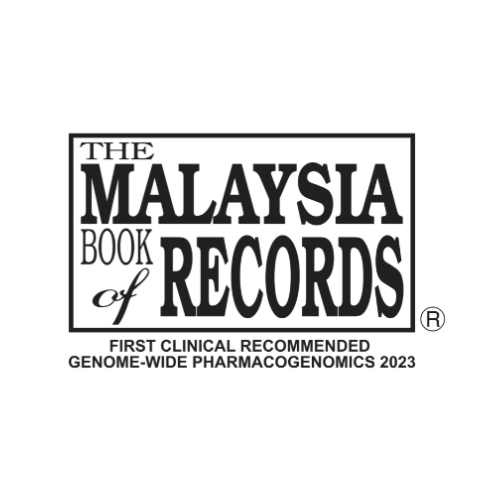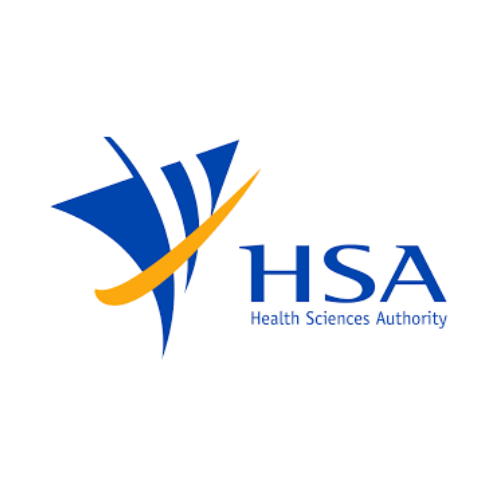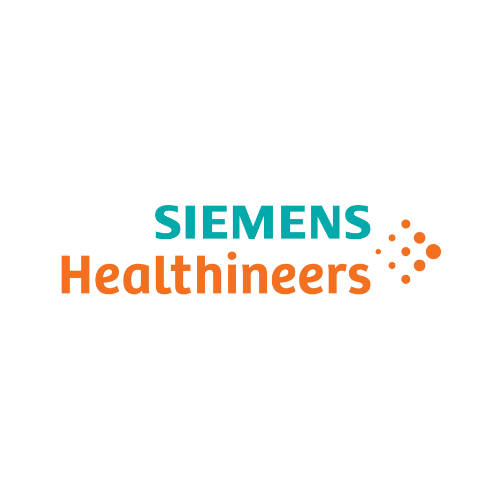




















Every year, countless people are hurt or lose hope when medications cause side effects or fail to work.
Pharmacogenomics offers the potential to ensure that individuals only take medications that are effective for them. Did you know;



A 13-day-old infant tragically passed away from morphine poisoning after the mother, unknowingly a CYP2D6 ultra-rapid metabolizer, took a common codeine-based painkiller. Her body converted codeine into dangerously high morphine levels, which were then passed to her baby through breast milk.
This heartbreaking case — reported in The Lancet — highlights the urgent need for pharmacogenomic testing. If the mother had known her genetic profile, she could have avoided codeine and chosen a safer pain relief option.
At Precision Diagnostic, we offer advanced genetic profiling to provide personalized health strategies based on your unique DNA.
• Personalized medication plans
• Reduced side effects
• Faster, more effective treatments
• Smarter spending with fewer ineffective treatments
• Customized diet and supplement plans
• Disease prevention
• Weight management
• Enhanced sport performance
• Targeted drug selection
• Reduced toxicity
• Improved treatment outcome
• Data-driven guidance for treatment planning
Our reports are grounded in the latest scientific research and globally accepted clinical guidelines. Every recommendation is aligned with trusted sources, ensuring you receive clinically actionable insights that evolve with modern medicine.





We are honoured to work alongside esteemed organisations across education, healthcare, and wellness. These valued collaborators support our efforts in research, professional training, and community outreach.

































References:
Digital Assistant
Typically replies within business hours
I am interested in your services.
WhatsApp Us
©Precision Diagnostics | Privacy Policy
